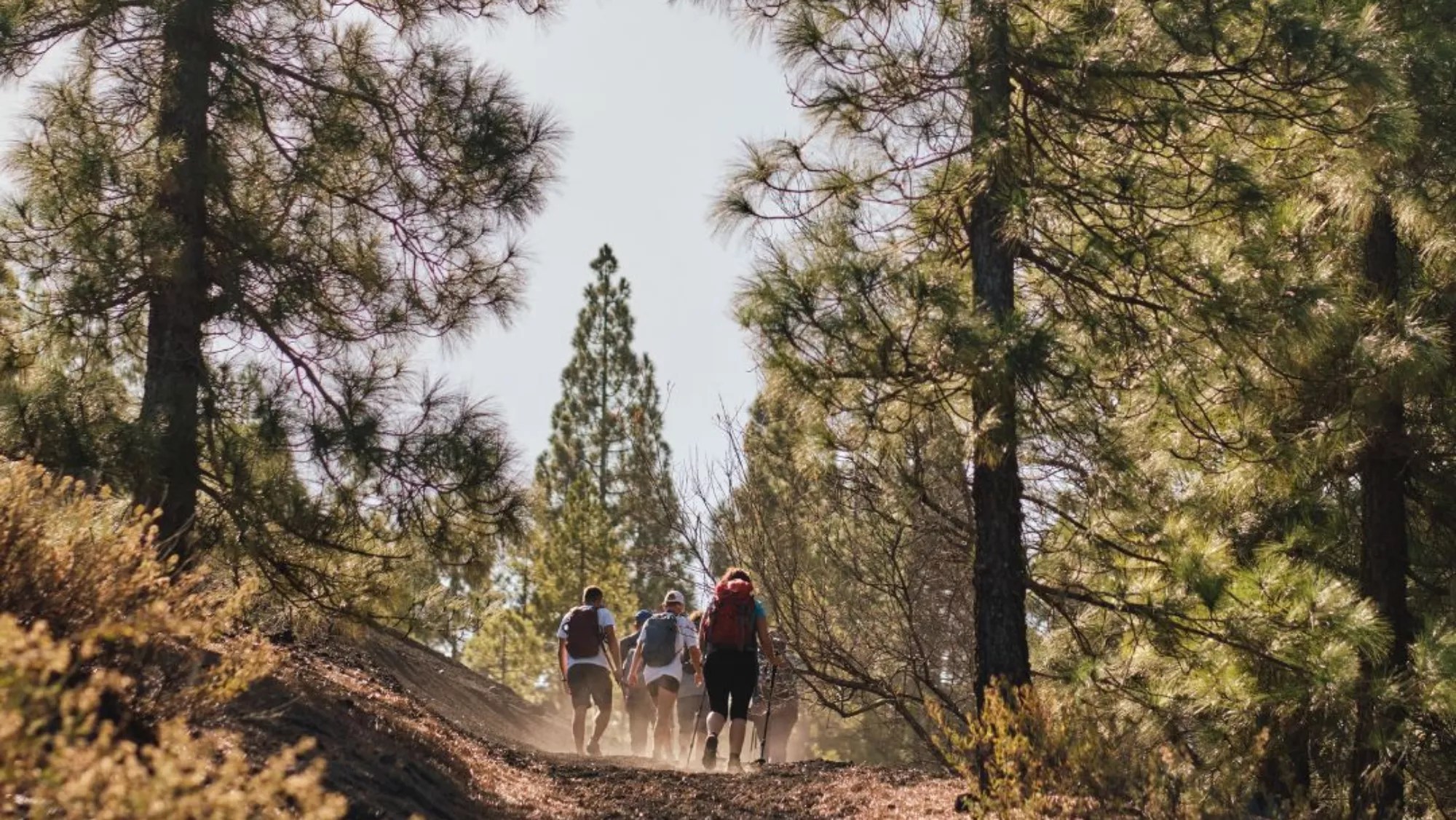The Government of the Canary Islands has penalised the developer of the Cuna del Alma tourist megaproject in Puertito de Adeje for the destruction of a site. The General Directorate of Culture and Cultural Heritage of the Autonomous Executive will enforce a fine of 229,503 euros for causing irreversible archaeological harm in this southern region of Tenerife. Nevertheless, this sum is considerably less than the 600,000 euros that the regional government proposed during the previous legislative period for a very serious infraction.
The Canarian coalition government and the Popular Party released this initial file, which was compiled by the prior administration helmed by Nona Perera (Podemos). The document, completed on 31 August 2022, was finalised on 31 August 2023, just over a month after Miguel Ángel Clavijo took office as the new general director.
Both files concur that the damage inflicted by the construction of 420 tourist villas at the site is “irreversible”. However, while the first document describes the damage as “very serious,” the latter categorises it as “serious”. The assessment confirmed that 620.20 square metres of an archaeological site had been impacted, with the “total destruction” of 79.99 square metres in the area recognised as having the greatest heritage value.
Accompanying the proposed financial penalty is the requirement to remedy the harm done to cultural heritage through “execution orders aimed at restoring the site to its original condition as much as possible,” according to official documentation reviewed by this publication.
The Government of the Canary Islands determined in the last legislative term that the promoter acted with “intentionality,” proceeding with the works “without the corresponding favourable report (on archaeological heritage) from the Cabildo de Tenerife, without archaeological oversight during the works, disregarding the conclusions provided by the archaeological intervention commissioned by the company, and being fully aware of the existence” of archaeological and ethnographic features.
The sanction proposal is grounded in the Heritage Law of the Canary Islands, which designates the destruction or significant alteration of an archaeological site as very serious infractions, failing to adopt protective measures, neglecting the obligation to conserve when such negligence causes substantial damage, and altering or manipulating archaeological sites.
The earlier document characterised the actions as “malicious” and cautioned that the company could not claim ignorance of the site’s existence, as this information was documented in the studies conducted by the promoter. Following this, the new file acknowledges that the destruction impeded proper scientific analysis of the site, “compromising the understanding of the pre-Hispanic settlement in southern Tenerife.”
The company violated the precautionary suspension
The works at Cuna del Alma were halted in May 2022 after the Cabildo de Tenerife confirmed the existence of several archaeological sites being threatened by the earthworks in the Puertito de Adeje area, following a complaint from the Tegüico heritage association.
In a visit conducted on 24th May, technicians from the Heritage Service of the Insular Institution identified two engravings and two rock formations that were not documented in the island’s asset inventory. Furthermore, the promoting company had previously conducted an archaeological study which they failed to submit, and this information was acquired unofficially by the island council’s technicians.
The new sanction proposal holds the promoter of Cradle of the Soul accountable for altering and manipulating deposits, failing to adhere to archaeological control requirements, and violating precautionary measures. “The promoter company contravened the precautionary suspension order of the works issued by the Cabildo de Tenerife, which allowed activities to persist in a protected area,” states the official documentation reviewed by this newspaper.
A report dated 11th October 2022 confirmed that excavations were carried out in an area where explicit prohibitions were in place, lowering the ground level and altering the deposit’s topography. Another inspection conducted two days later verified that precautionary measures had been breached, “with heavy machinery and personnel operating within the restricted zone.”
Two additional cases
The works at the Cradle of the Soul not only destroyed deposits but also posed an imminent threat to protected flora, beginning without an environmental impact assessment. These issues prompted the Government of the Canary Islands to order the suspension of the works in the last legislative session. However, within a year, two cases were allowed to lapse, and one was dismissed.
In February 2024, the Canary Agency for Natural Environment (ACPMN) filed a sanctioning case against the promoter for initiating the works without an environmental impact assessment. The resolution, which this newspaper had access to, annulled the fine of €110,000 and revoked the precautionary halt to the works imposed in late 2022.
By summer 2023, the open case against the promoter also expired due to the imminent risk of environmental damage to the protected wild flora in the region, particularly due to the presence of sad viborin, a species under special protection within the Canarian catalog of protected species.
The current Minister for Ecological Transition, Manuel Zapata (PP), stated he would initiate the process anew. Shortly thereafter, the Canary Islands government declared itself incompetent to make decisions regarding the translocation of sad viborin and delegated this responsibility to the Cabildo de Tenerife. The president of the Canary Islands government, Fernando Clavijo, has expressed regret in the regional Parliament that in urban matters, “if a beetle or viborin appears, everything comes to a standstill.”
















